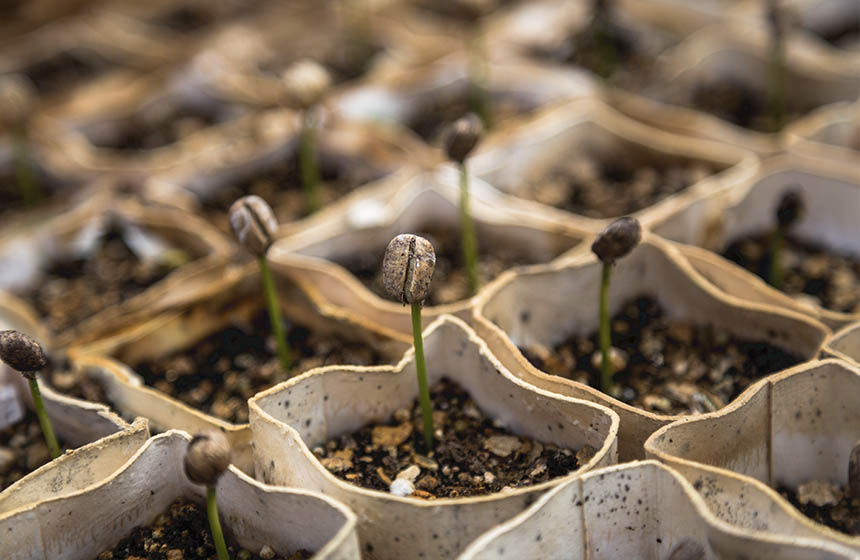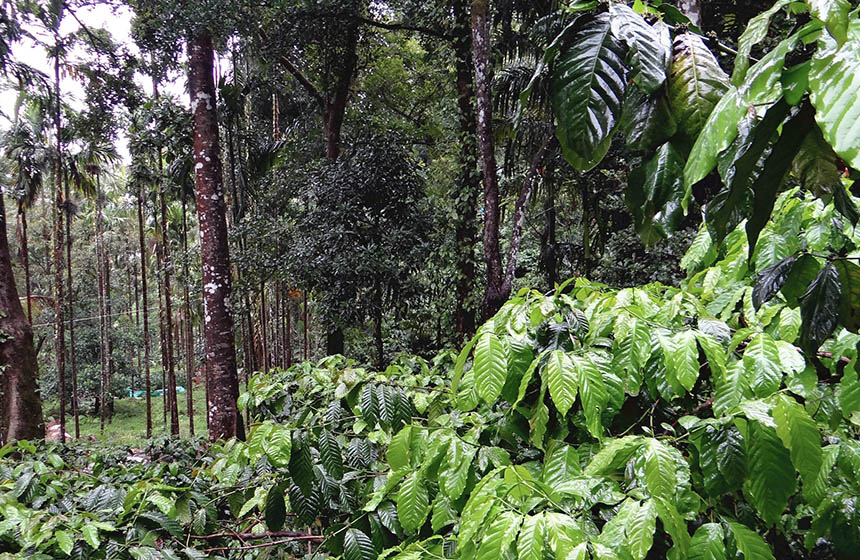Volunteer association engaging women and youth in agroforestry and reforestation on degraded land
A volunteer association promotes agroforestry, sustainable farming techniques, and forest restoration through the empowerment of youth and women who are traditionally excluded from land ownership and the benefits of production.
Nature-based Intervention:
To date, the Chadian Volunteers’ Association for the Protection of the Environment has planted 20,000 trees and distributed 70,000 seedlings to surrounding rural communities. The association teaches mainly women and youth the basics of soil fertility, plant production, and natural resource management. Sustainable agriculture methods are promoted including the use of intercropping, locally available organic compost, natural insecticides, and hedgerows and living fences to protect crops from wind damage, erosion, and water evaporation. The association also managed to help women access farmland, something they have historically been excluded from in this region. Through improved agroforestry and soil management, these women turned degraded lands into productive farmland, replanted thousands of trees, and began producing okra, cucumbers, peppers, and other crops for sale.
Overview of context and outcomes:
The Association Tchadienne des Volontaires pour la Protection de l’Environnement, or Chadian Volunteers’ Association for the Protection of the Environment, trains women and youth in ecosystem restoration and agroforestry. The initiative focuses primarily on countering the impacts of drought, land degradation, and desertification that all threaten food security in the area. One of the association’s central activities is the planting and management of trees.
Case effectiveness on
Climate change
Although not quantified, improved soil fertility and tree planting is estimated to have improved the carbon sequestration potential of the landscape in participating communities.
Although no adaptation benefits were reported, the association reported creating green spaces in urban areas intended to provide shade and prevent evaporation. These greenways likely increase urban resilience to climate change events such as prolonged heatwaves.
Ecosystem health
Ecological effect: PositiveThe planted acacia trees are reported to have partially restored soil fertility as their extensive root systems bind soil and minimise erosion. Furthermore, composting efforts are reported to have increased the diversity of microorganisms present in soil.
Socioeconomic outcomes
Reforestation efforts and training in agroforestry techniques have generated additional revenues for local communities through the sale of surplus food. In one village, yields have reportedly tripled thanks to agroforestry training. Increased incomes for women in particular have reportedly spilled over to investments in schooling and medical fees. According the the Association, women have gained greater access to land, rendering them more autonomous. Youth involvement and training in the association’s work has motivated greater community engagement on their part. Young women in particular have been documented embracing roles as guides at the national nursery where they learn to care for seedlings, identify plants, combat the impacts of drought, and manage tree crops.
Governance
The project is governed by the the Chadian Volunteers’ Association for the Protection of the Environment which works closely with rural communities to foster information sharing.
Finance
The project received external funding from the UNDP.
Monitoring and evaluation
The project partakes in agricultural monitoring activities by tracking crop yields and soil health.
Trade-offs and limitations
No information yet available on tradeoffs.

Intervention type
- Food production
- Restoration
Conducted at landscape scale
Ecosystem type
- Tropical & subtropical grasslands
- Terrestrial production
Climate change impacts addressed
- Loss of food production
- Drought
- Desertification
Instigators
- Local NGO or CBO (eg. indigenous)
Societal challenges
- Biodiversity conservation
- Climate change mitigation
- Economic and Social development
- Rights/empowerment/equality
- Food security
Outcomes
- Food security: Positive
- Water security: Not reported
- Health: Not reported
- Local economics: Positive
- Livelihoods/goods/basic needs: Not reported
- Energy security: Not reported
- Disaster risk reduction: Not reported
- Rights/empowerment/equality: Positive
- Conflict and security: Positive
- No. developmental outcomes reported: 5
Resources
Read resource 1Literature info
- Grey literature



